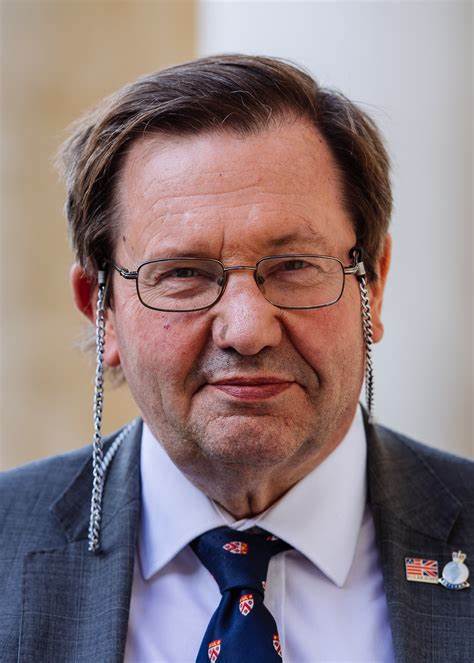Emilia Tantar
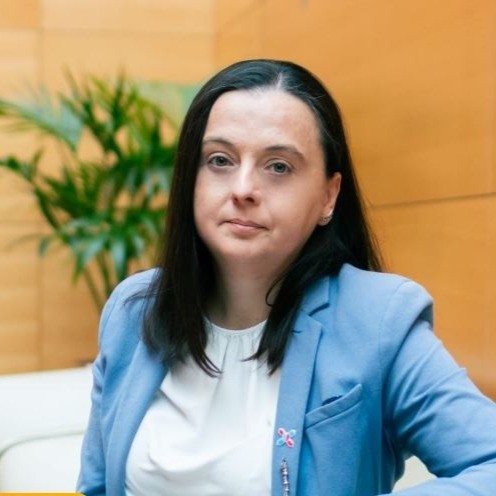

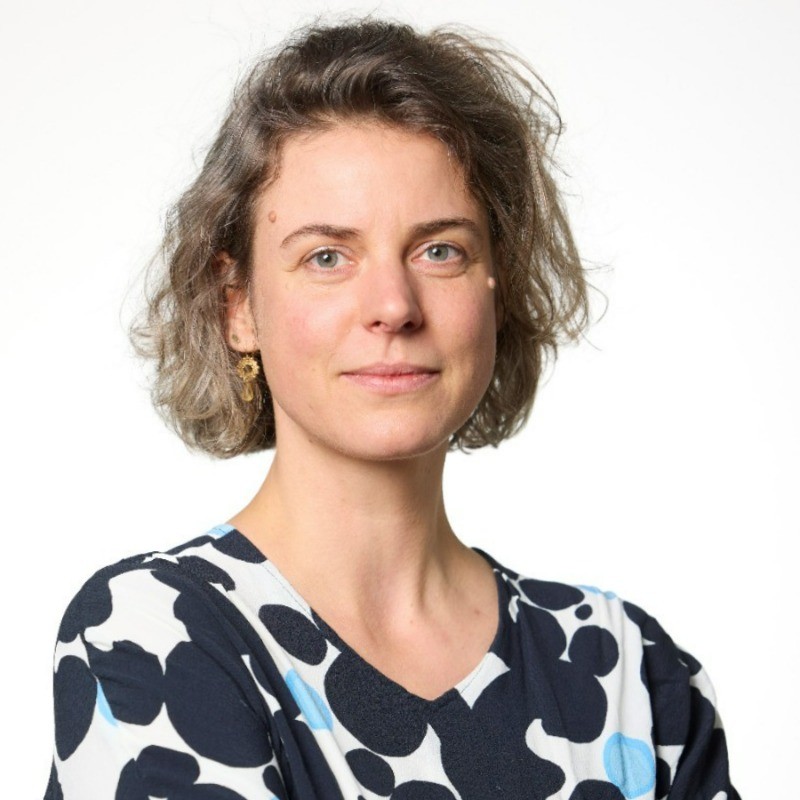

Local Digital Twins will be a fundamental building block for CitiVerse. It will also play a crucial role for anyone in the public sector who wants to fully utilize the usage of AI.
Today, cities, regions and countries all over the world are building Local Digital Twins using various tools and approaches. Game engines, CAD tools, GIS, AR/VR/XR tools, Urban Digital Platforms, CIM and other visualisation tools are used. Thus a wide spread of technologies and standards.
Interoperability for Local Digital Twins (LTD) is crucial. They need to fit horizontally and vertically. Horizontally is to put a LDT of one city next to a LDT of another city and make them align. Vertically, by example, a LDT produced by a city must fit LDT from public transportation and LDT by the energy company for the same geographical area, etc.
European CitiVerse will be built upon Local Digital Twins. If separate Local Digital Twins in Europe don't fit together it will be impossible to create a seamless CitiVerse. It will also be difficult with interoperability between LDT:s. The LDT also needs interoperability versus dataspaces and IoT. For a LDT:s to be useful for officials and others, LDT:s need interoperability with the business operating systems used by officials on a daily basis.
In this sense, in the framework of my fellowship, my JWG has sent a survey to many major LDT projects around the world, and we are now gathering the results and statistics. The result will be a gap analysis and a technical report, which will enable advice to all relevant major SDO:s on how to develop or change their standards to fit better together.

The priority aims to support the development of European and international standards for DLT/blockchain technologies to ensure transparency in sustainable financing. This contribution brings together the financial, reporting and new technologies to address the gaps between these three sectors.
The challenge for sustainable finance is to minimise the risk of 'greenwashing’ and provide better reporting for the Sustainability sector, ESG investment and Net Zero climate goals and new EU Reporting regulations.
It includes standards development to combine blockchain/DLT Use Cases reflecting sustainable solutions, while the sustainable finance standards cover Terminology and reporting guidelines, and the financial services consider digital currencies and tokenisation.
This contribution aligns with the European Standardisation initiatives, including the effective delivery of ESG investment strategy and Net Zero climate goals, along with the new EU Climate and Sustainable Reporting legislation in 2024 /2025.

In this fellowship the original objective is to start to prepare a NWI to address the age approriate topic and start the standard development. The aim is to improve the benefits and reduce the risks in the digital world for young users up to the age of 18. The solution is to adapt the content delivered by online products and services according to the age of users. Moreover, the process requires establishing the age/capacity of users, including age verification and age estimation. The CWA does NOT define age estimation and verification processes (Out of scope) but requires to select an appropriate age assurance tools/approach in conformity with established standards and official guidance.
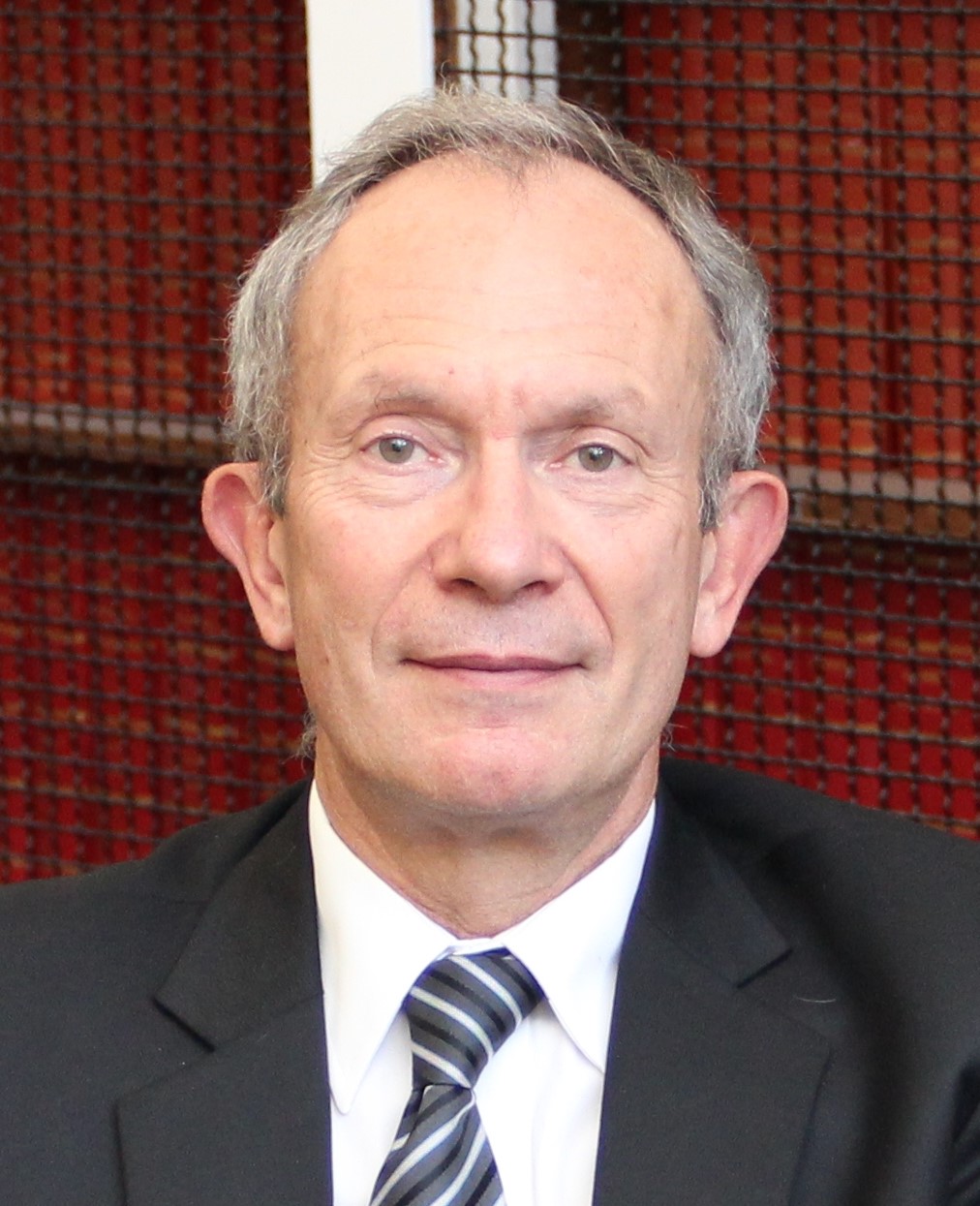
It aims to develop technical specifications and standards to efficiently manage terminology work ensuring seamless information exchange, minimizing misunderstandings, and enhancing both human-human and human-AI interactions.

The gaps that this fellowship enables me to address has been to dedicate solid time first for the ECMA meetings that I convened, but also for the community background work that needs support and attention. The priorities are to users the creation of the core specifications for ECMA approval, which has been challenging because of the influx of attention on PURL for SBOM and CRA compliance. The challenge from PURL getting increased attention meant needing to cater to new contributors and supporting long debates and addressing objections, in particular on topics like character encoding.

The work I am leading in European Standardisation through the CEN and CENELEC JTC 21 WG 2, answers directly the main operational pillars of the Standardisation request received from the European Commission as to provide technical specifications through standards (candidate for harmonization) in support of the EU AI Act.
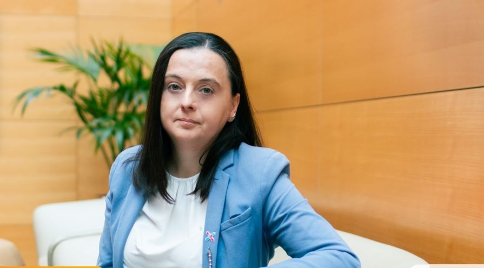
A strong priority for this work is to contribute to standards to enable consideration of the support for data management in the cloud. Data spaces can only be fully realised with the application of strong quality management controls through standardisation at multiple levels.

The priority of my activity is the coordination of the 3GPP activities to update the ITU-R Recommendations on IMT-Advanced and IMT-2020.

There is currently no standard addressing the cybersecurity of AI systems. In ISO/IEC JTC1 SC27 WG4 27090 is under development; and I contribute directly to this work.
